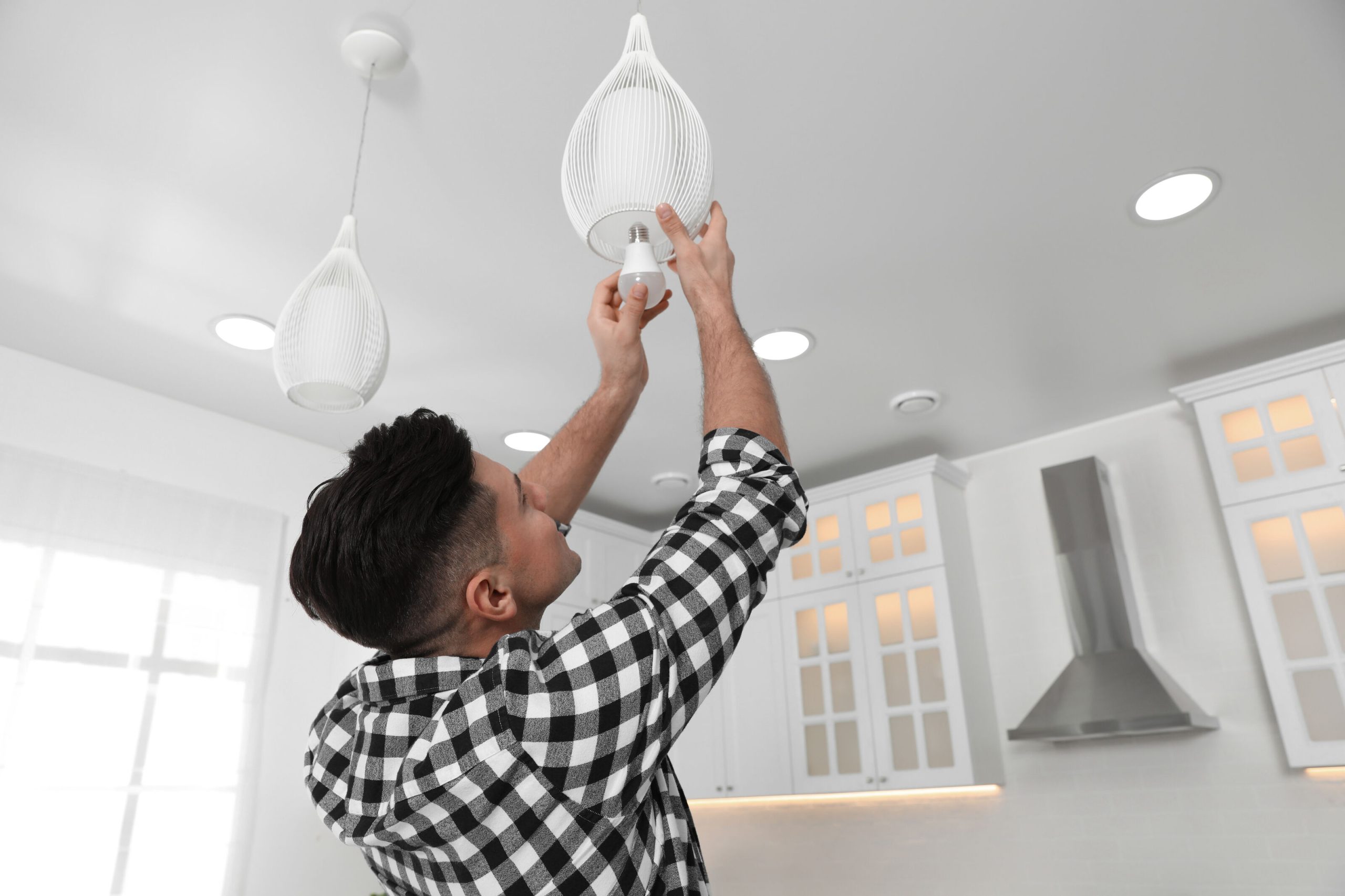
Table of Content
Caregiving for a senior loved one is a deeply rewarding experience, but it can also be overwhelming, time-consuming, and emotionally draining. Introducing professional help into your caregiving routine can ease the burden while ensuring your loved one receives the best care possible. Here’s how to effectively integrate professional assistance into your caregiving plan.

Assess Your Needs and Priorities
The first step in introducing professional help is to evaluate your current caregiving routine. Identify areas where you’re feeling overwhelmed or having difficulty meeting your loved one’s needs. Consider the following:
- What tasks are taking up the most time or energy (e.g., cooking, cleaning, or organizing medications)?
- Are there specific healthcare needs, such as physical therapy or skilled nursing care?
- Does your loved one need companionship or assistance with daily activities like bathing and dressing?
By pinpointing the services you need, you can narrow your search for professional help and make well-informed decisions.
If you’re the primary caregiver for a senior family member and are looking for professional senior care, Assisting Hands Home Care should be your top choice. Our dedicated and compassionate caregivers are committed to helping older adults address their health issues and enjoy a higher quality of life in the golden years.
Communicate with Your Loved One
Introducing professional help can be a sensitive topic, especially if your loved one values his or her independence or is resistant to change. Open, honest communication is key to easing this transition. Here are some tips on how to have the conversation:
- Empathize – Express understanding for your loved one’s feelings and concerns.
- Focus on the benefits – Highlight how professional help can provide both of you with additional support and enhance your loved one’s quality of life.
- Involve your loved one – Include your loved one in the decision-making process, from discussing options to interviewing potential caregivers.
Your loved one may be more receptive to this change if he or she feels his or her input and preferences are respected.
Explore Types of Professional Care
Understanding the types of professional caregiving services available ensures you choose the best fit for your situation. Common options include:
- Home caregivers – Provide assistance with daily activities like bathing, grooming, and medication reminders
- Skilled nurses – Administer medical care such as wound treatment, injections, or monitoring chronic conditions
- Respite care – Offers temporary relief for family caregivers, allowing you to take a break without compromising your loved one’s care
- Companion care – Focuses on providing emotional support, engaging activities, and social interaction
Research local caregiving agencies and consult your loved one’s healthcare provider for recommendations tailored to your needs.
Whether you need respite from your caregiving duties or your aging loved one needs live-in care, Frederick, MD, Assisting Hands Home Care can meet your family’s care needs. Our dedicated caregivers are available around the clock to provide transportation to doctor’s appointments, ensure seniors take their prescribed medications, and help with a variety of tasks in and outside the home.
Start Small and Transition Gradually
To make the adjustment smoother, consider starting with a small amount of professional help and gradually increasing the level of care as needed. For example:
- Hire a caregiver for just a few hours a day or a few days a week at first.
- Test out specific services, such as meal preparation or housekeeping, to gauge comfort levels.
- Gradually introduce the caregiver to your loved one in a way that fosters trust and familiarity.
This phased approach allows everyone to adapt to the new arrangement at his or her own pace.
Monitor and Evaluate the Relationship
Even after integrating professional help, it’s important to continuously monitor how the arrangement is working and ensure the caregiver is meeting your loved one’s needs. You’ll want to:
- Stay in regular communication with the caregiver or agency
- Observe how your loved one interacts with the caregiver and assess the level of comfort
- Solicit feedback from your loved one about the quality of care he or she is receiving
If any issues or concerns arise, address them promptly to maintain a positive caregiving environment.
The type of homecare services Frederick seniors need can vary. Some need assistance a few hours a day, while others require more extensive around-the-clock assistance. At Assisting Hands Home Care, we tailor our care plans based on each senior’s individual care needs, and the plans can be adjusted at any time. We are a trusted provider of respite and 24-hour care, and we also offer specialized Alzheimer’s, dementia, Parkinson’s, and stroke care for seniors. Assisting Hands Home Care can be your trusted partner when your loved one needs help with the challenges of aging. Call us today to learn about our high-quality in-home care services.







